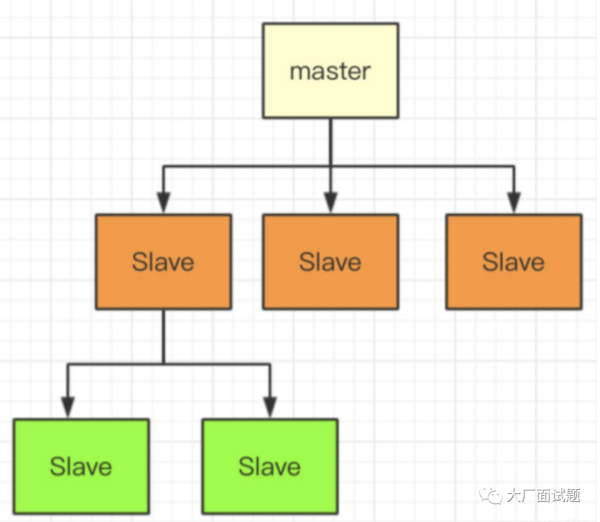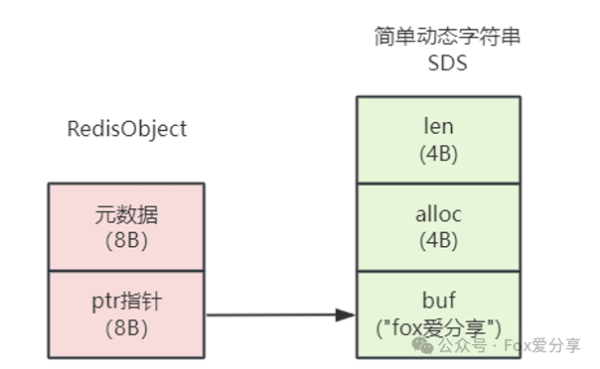如何在 Golang 中执行 Python 脚本代码——两种方法

在许多应用场景中,我们可能需要在 Golang(Go 语言)程序中执行 Python 脚本,特别是在处理一些特定的功能时,比如数据分析、机器学习或文本处理。如果我们不希望通过外部进程来执行 Python 代码,而是希望在 Golang 进程内部执行 Python 代码,如何实现呢?
在本文中,我们将介绍两种在 Golang 中执行 Python 脚本的方法:通过 os/exec 启动外部进程以及通过直接嵌入 Python 解释器来执行代码。重点将放在如何在 Golang 进程内部执行 Python 代码,而无需启动新进程。
方法一:通过 os/exec 执行 Python 脚本
这是在 Golang 中执行 Python 脚本的最直接方式,适合当你希望通过 Golang 控制 Python 脚本的执行,并处理脚本输出时。使用 os/exec 包可以在 Golang 中启动一个外部进程来执行 Python 脚本。
示例代码:
package main
import (
"fmt"
"os/exec"
"log"
)
func main() {
// Python脚本路径
scriptPath := "your_script.py"
// 执行Python脚本
cmd := exec.Command("python", scriptPath)
// 获取标准输出
output, err := cmd.CombinedOutput()
if err != nil {
log.Fatal(err)
}
// 打印输出
fmt.Printf("Output:n%sn", output)
}说明:
exec.Command("python", scriptPath):使用python命令执行指定路径的 Python 脚本。cmd.CombinedOutput():获取 Python 脚本的标准输出和错误输出。- 需要确保 Python 已安装且环境变量配置正确。
注意:
- 如果你系统中的 Python 使用
python3命令,而不是python,可以将exec.Command("python3", scriptPath)替换为python3。 - 你可以通过
exec.Command向 Python 脚本传递参数,例如:exec.Command("python", scriptPath, "arg1", "arg2")。
这种方法较为简单,适合直接控制外部 Python 脚本的执行,并获得其输出。然而,它会启动新的进程,这可能在某些场景中不符合要求。
方法二:在 Golang 中直接执行 Python 代码(不启动新进程)
如果你希望在 Golang 进程中直接执行 Python 代码,避免启动外部进程,可以使用一些 Go 库来嵌入 Python 解释器。两种常见的库是 go-python3 和 gopy,它们允许在 Go 程序内部执行 Python 代码。
1. 使用 go-python3 库
go-python3 是一个 Go 语言的 Python 3 绑定库,它允许直接在 Go 程序中调用 Python 代码,而无需启动新的进程。你可以在 Golang 程序中初始化 Python 解释器,执行 Python 代码,并直接获取其结果。
安装 go-python3:
go get github.com/go-python/cpython/python3示例代码:
package main
import (
"fmt"
"log"
"github.com/sbinet/go-python"
)
func main() {
// 初始化 Python 解释器
python3.Initialize()
defer python3.Finalize()
// Python 代码字符串
pythonCode := `
def hello():
return "Hello from Python!"
print(hello())
`
// 执行 Python 代码
err := python3.PyRun_SimpleString(pythonCode)
if err != 0 {
log.Fatal("Error executing Python code")
}
fmt.Println("Python code executed successfully")
}说明:
python3.Initialize():初始化 Python 解释器。python3.PyRun_SimpleString(pythonCode):执行 Python 代码。python3.Finalize():关闭 Python 解释器,释放资源。
通过这种方法,Go 程序直接调用 Python 代码,并且无需启动外部进程。go-python3 提供了更灵活的方式来嵌入和执行 Python 代码,适用于需要高效集成 Python 和 Go 的场景。
2. 使用 gopy 库
gopy 是另一个可以让 Go 调用 Python 函数的库。与 go-python3 不同,gopy 将 Python 模块转换为 Go 可调用的包,从而在 Go 程序中执行 Python 函数。gopy 的用法相对复杂,通常用于将现有的 Python 代码转换为 Go 包,或者让 Go 程序调用 Python 模块中的函数。
安装 gopy:
go get github.com/go-python/gopy使用 gopy 需要一定的配置和步骤,具体文档可以参考其 官方文档。
总结
在 Golang 中执行 Python 脚本有两种主要方法:
-
通过外部进程执行:使用
os/exec包启动一个新的 Python 进程执行脚本。此方法简单易用,但需要启动新的进程。 -
直接在 Go 程序中执行 Python 代码:使用
go-python3或gopy等库直接在 Golang 中嵌入 Python 解释器,执行 Python 代码。这种方法无需启动新的进程,适合高效集成 Python 和 Go。
对于大多数应用场景,go-python3 提供了一种简单且高效的方式来直接执行 Python 代码,而无需外部进程的开销。如果你需要在 Go 程序中频繁调用 Python 函数,推荐使用这种方法。



